Safety Planning Tips
A safety plan is a personalized strategy aimed at increasing safety and reducing risk during potentially dangerous situations. It involves identifying safe places to go, packing essential items like identification and money, and outlining steps to take during incidents of violence, such as avoiding rooms without exits or areas with weapons. Regularly updating and practicing the plan ensures readiness and empowers you to respond effectively to escalating threats, providing practical guidance to protect your well-being in times of crisis.
Safety Planning Tips to Consider:
Identify Safe Spaces: Know where you can go to feel safe, such as a friend's house, a shelter, or a public place.
Pack Essentials: Keep a bag packed with essentials like identification, money, medications, and important documents.
Establish Communication: Have a code word or signal with trusted friends or family members to alert them if you need help.
Document Evidence: Keep records of abusive incidents, including photos or written descriptions.
Plan Escape Routes: Know how to leave safely and have multiple exit routes planned.
Know Emergency Numbers: Keep a list of emergency contacts, including local law enforcement and domestic violence hotlines.
Seek Support: Reach out to trusted individuals, counselors, or domestic violence organizations for guidance and assistance.
Stay Informed: Educate yourself about local resources and legal options available for survivors of abuse.
Practice Self-Care: Take care of your physical and emotional well-being, and prioritize your safety above all else.
Trust Your Instincts: If you feel unsafe, take action to protect yourself.
Limit Contact: Minimize interactions with your abuser when possible.
Secure Technology: Be cautious with your phone and computer; consider changing passwords and settings.
Develop a Code Word: Establish a word or phrase with trusted friends or family to signal danger discreetly.
Safety at Home: Identify safe areas in your home and avoid rooms with potential weapons or easy access points.
Financial Independence: If possible, maintain control over your finances or seek financial assistance.
Legal Advice: Understand your legal rights and consider seeking legal protection through restraining orders or legal aid services.
Safety in Public: Be aware of your surroundings and have a plan in case of encountering your abuser in public.
Stay Connected: Keep in touch with supportive friends, family, or a counselor regularly.
Emergency Bag: Prepare a discreet bag with essentials in case you need to leave quickly.
Remember, safety planning is a continuous process, and it's important to regularly reassess and update your plan as needed.
Advocates are available 24/7 to create a personalized safety plan for you. Call us at 407-330-3933!


